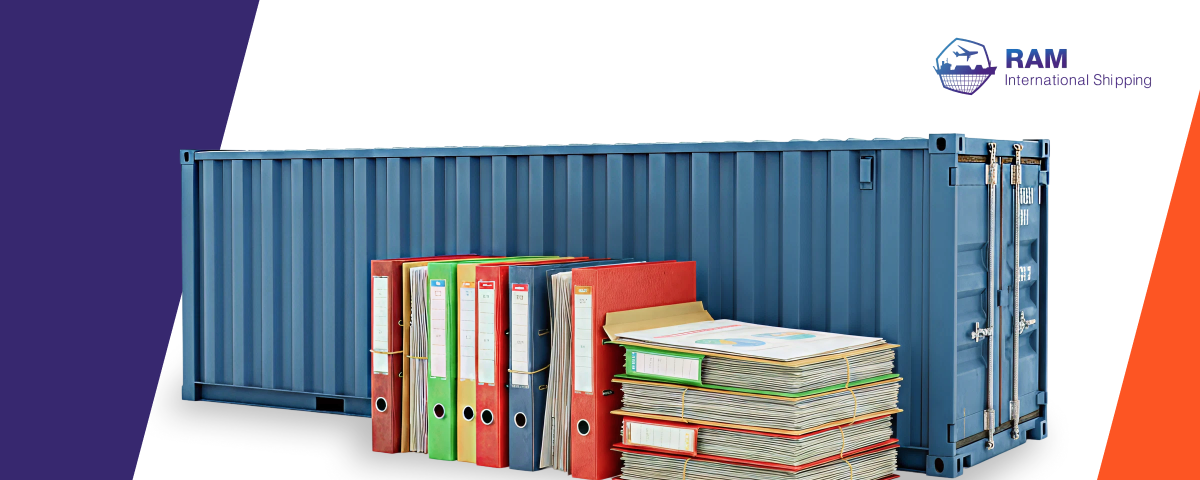
In today’s competitive business environment, efficient supply chain management is crucial for maintaining profitability and customer satisfaction. One strategy that businesses increasingly use to optimize their logistics and inventory management is inventory pooling. By pooling inventory, companies can reduce costs, improve operational efficiency, and mitigate risks associated with supply chain disruptions. In this article, we’ll explore the concept of inventory pooling, its benefits, and how it can transform your business’s supply chain strategy.
What is Inventory Pooling?
Inventory pooling is the practice of consolidating inventory from multiple locations or businesses into a shared pool to optimize stock management and reduce excess inventory. Instead of each business or warehouse holding its own separate stock, inventory pooling allows companies to share resources, thereby reducing the need for excess inventory and improving overall stock availability.
This strategy can be employed across various levels of the supply chain, including manufacturers, distributors, retailers, and logistics providers. By centralizing inventory, companies can balance supply and demand more efficiently, ensuring that goods are available where they are needed, while minimizing waste.
Key Benefits of Inventory Pooling
1. Cost Reduction
One of the most significant benefits of inventory pooling is cost savings. By sharing inventory resources with other businesses or consolidating stock across multiple locations, companies can reduce their holding costs. This includes costs associated with warehousing, such as storage space, insurance, and security. Additionally, companies can lower the cost of purchasing by buying in bulk or sharing orders with other businesses in the pool.
With less capital tied up in excess inventory, businesses can allocate their resources more effectively, improving cash flow and profitability.
2. Improved Inventory Availability
Inventory pooling ensures better stock availability by distributing products across a wider network. When businesses share inventory, they can tap into a larger pool of stock, reducing the risk of stockouts and backorders. This means that customer demand can be met more reliably, leading to higher customer satisfaction and fewer missed sales opportunities.
For companies with fluctuating demand, inventory pooling helps ensure that they can quickly adapt to changes without having to hold large amounts of excess stock at individual locations.
3. Risk Mitigation
Supply chain disruptions are a reality in today’s global economy, whether due to natural disasters, transportation delays, or sudden shifts in demand. Inventory pooling offers a valuable buffer against these disruptions. When inventory is shared across multiple locations or businesses, the risk of a single disruption affecting the entire supply chain is minimized. If one location experiences a shortage or delay, other locations in the pool can step in to meet demand.
This risk mitigation strategy is particularly beneficial for businesses operating in industries with unpredictable supply chains, such as electronics, pharmaceuticals, and consumer goods.
4. Increased Efficiency and Flexibility
Pooling inventory allows companies to improve their overall supply chain efficiency. By centralizing stock management, businesses can streamline their operations, reduce duplication of effort, and optimize logistics. For example, shared inventory systems often use advanced technology to track stock levels in real-time, providing better visibility and control over the supply chain.
Additionally, inventory pooling offers greater flexibility. Companies can shift stock between locations more easily, adapt to changes in demand, and even reduce transportation costs by consolidating shipments. This increased flexibility allows businesses to respond more quickly to market changes and seasonal fluctuations.
5. Environmental Benefits
Inventory pooling also contributes to sustainability by reducing the environmental impact of supply chain operations. With more efficient inventory management, businesses can reduce the number of shipments, leading to lower transportation-related emissions. Additionally, by minimizing excess stock, companies can decrease waste and reduce the need for additional warehousing, both of which contribute to a smaller carbon footprint.
For businesses looking to improve their environmental sustainability, inventory pooling offers a strategic way to optimize operations while supporting eco-friendly practices.
6. Collaborative Partnerships
Inventory pooling encourages collaboration between businesses, suppliers, and logistics providers. By working together, companies can share the benefits of pooled resources and develop stronger relationships within the supply chain. Collaborative partnerships also create opportunities for businesses to innovate and explore new ways of improving efficiency, reducing costs, and enhancing customer service.
These partnerships often lead to more strategic decision-making, as companies can leverage each other’s expertise and insights to optimize their supply chains further.
Challenges and Considerations
While inventory pooling offers numerous benefits, it also comes with challenges that businesses must consider. Effective communication and coordination are essential for successful inventory pooling. Without clear agreements on how inventory will be shared, tracked, and replenished, companies may face conflicts or inefficiencies.
Additionally, businesses must invest in the right technology to manage pooled inventory effectively. This often requires integrating real-time inventory tracking systems, data-sharing platforms, and collaboration tools to ensure seamless operations.
Finally, businesses should carefully evaluate their partners in the pool. Successful inventory pooling relies on trust and reliability among all participants. Each business must be confident that the others in the pool will uphold their commitments to maintain inventory levels, deliver on time, and meet shared goals.
Conclusion
Inventory pooling is a powerful strategy that can help businesses reduce costs, improve supply chain efficiency, and mitigate risks. By sharing inventory resources, companies can optimize their stock levels, enhance customer service, and create more resilient supply chains. However, successful inventory pooling requires careful planning, coordination, and collaboration. For businesses willing to invest in the right technology and partnerships, inventory pooling offers a significant competitive advantage in today’s fast-paced, ever-changing global market.



